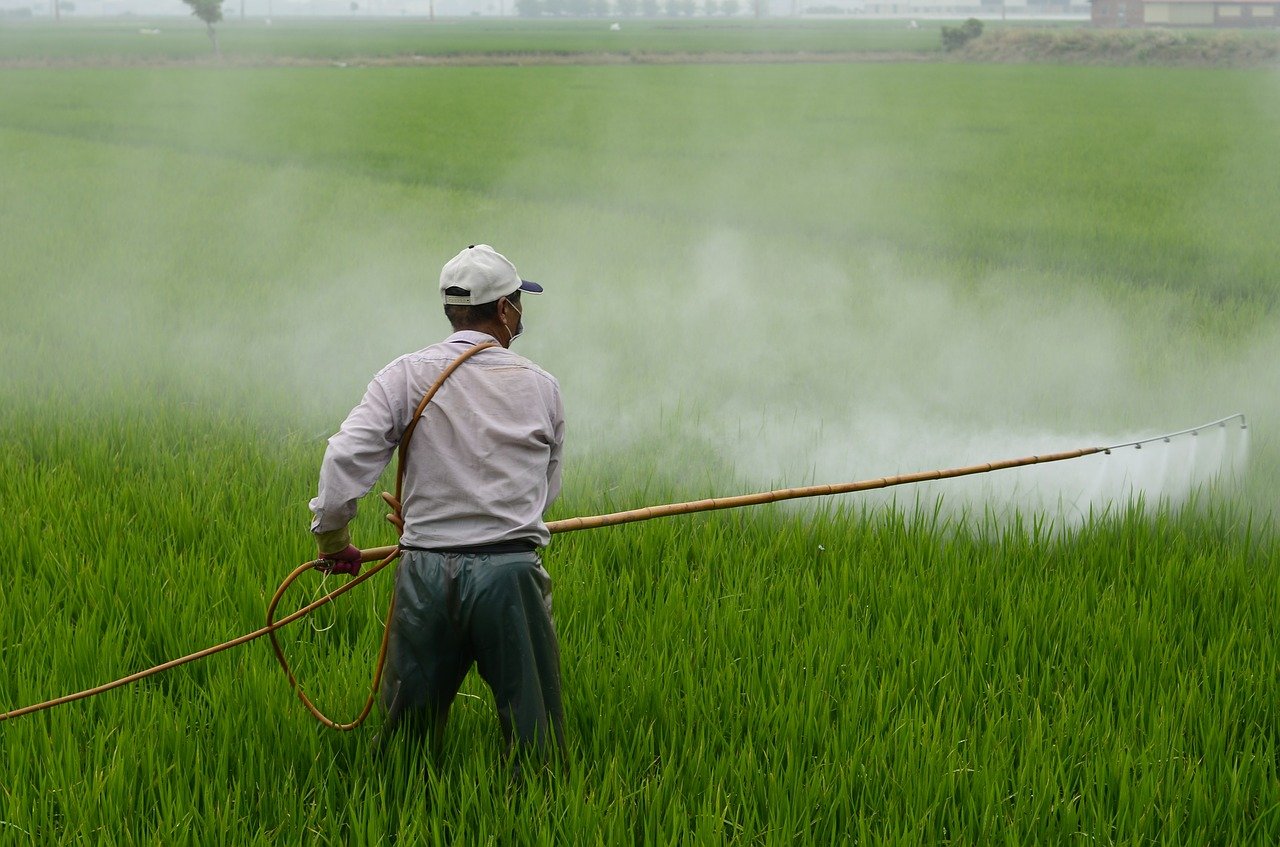In the United States, there are approximately 5,000 glyphosate lawsuits being filed against Monsanto because of their Roundup product’s use of the herbicide, which has been linked to cancer by California state scientists and the World Health Organization. It can be easy to view this issue as a United States issue, but global companies like Monsanto operate across the world.
And, the common use of glyphosate for herbicidal purposes extends beyond Monsanto and their Roundup product. This is evident in the global reaction to the California jury’s $289 million verdict that found in favor of the plaintiff, groundskeeper Dewayne Johnson. Mr. Johnson’s terminal cancer diagnosis and now successful trial verdict has garnered global attention, which has led to renewed efforts to ban glyphosate.
Will the EU Ban Glyphosate?
For years, the debate has continued in the European Union (EU) over whether glyphosate is an herbicide that should be banned from the agricultural sector. The divide is a sharp one, with some pointing to the World Health Organization’s 2015 findings that deemed glyphosate a likely carcinogen, while others point to the European Food Safety Authority’s report that concluded glyphosate is "unlikely" to cause cancer.
This debate, in some respects, is nearly a mirror to the debate in the United States, where those who oppose glyphosate point to the WHO findings, whereas proponents of glyphosate cite the Environmental Protection Agency’s findings that stated glyphosate is likely not carcinogenic.
In Europe, like the United States, there has been an increased push to ban glyphosate altogether. In light of the recent California jury verdict, the head of the European Parliament’s special committee on the process for pesticide authorization argued that the EU should ban glyphosate across Europe.
Other nations joined in the discussion, with Italy’s Deputy Prime Minister Luigi Di Maio asserting that Italy must fight the invasion of glyphosate into Italian markets. France’s Environment Minister similarly promised that the California verdict marked the "beginning of a war" against glyphosate in Europe.
And, the Italian and German governments have pledged to phase glyphosate out of their country entirely, joining France as nations who have pledged to remove the herbicide. France already promised to phase glyphosate out of their domestic market within three years, a pledge which was made before the California verdict.
However, it is clear that there is an increasing push from government leaders to limit or even ban the use of glyphosate. These efforts have, seemingly, only intensified after the high-profile glyphosate verdict was delivered in early August of 2018.
It remains to be seen whether glyphosate will be banned in the European Union and, eventually, the United States, but for the time being public opinion and government sentiments seem to be trending in an anti-glyphosate direction.
If you or a loved one has been diagnosed with non-Hodgkin lymphoma or another form of cancer that has linked to Roundup’s glyphosate, contact us online to speak with a glyphosate cancer lawyer at The Ledger Law Firm today. A Ledger Law Roundup cancer lawyer will provide a free case evaluation to help you weigh and determine the best course of action regarding your legal claim.

Emery Brett Ledger brings more than 27 years of experience to personal injury law. He founded & led The Ledger Law Firm in securing over $100 million in compensation for clients with life-altering injuries & complex claims. Licensed in California, Texas, & Washington, Emery earned his law degree from Pepperdine University School of Law. His practice areas include car & truck accidents, wrongful death, catastrophic injuries, maritime claims, & mass tort litigation. He has been recognized by The National Trial Lawyers’ Top 100, Mass Tort Trial Lawyers Top 25, and America’s Top 100 Personal Injury Attorneys. Emery also received the 2025 Elite Lawyer Award & holds a perfect 10.0 Avvo rating with Platinum Client Champion status. His legal work has been featured on CNN, Forbes, NBC, & ABC.



